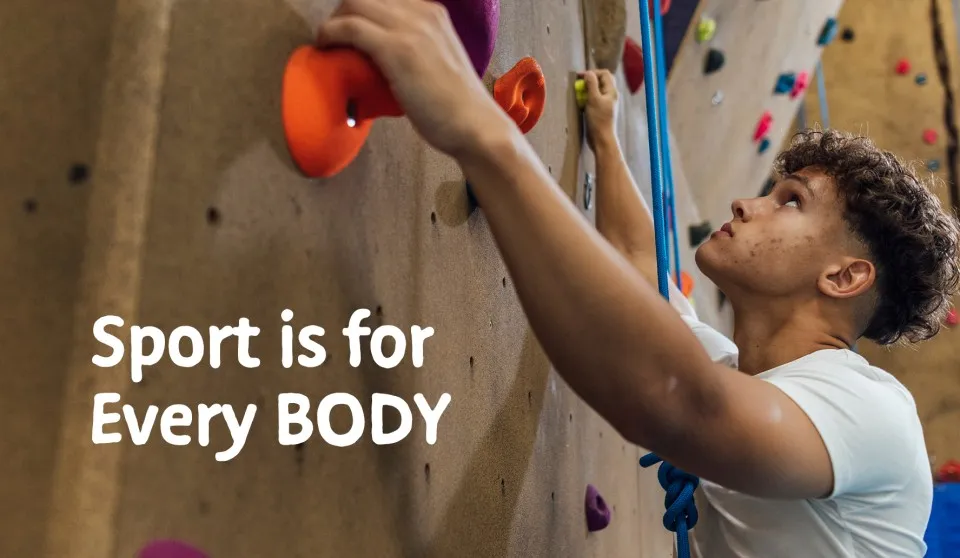Coaches, parents, clubs and peers need to understand that words matter. Comments about appearance can be damaging even when they’re intended to be helpful.
Body shaming
Body shaming is any comment or action that judges, criticises, mocks, or teases someone because of their body size, shape, weight, or appearance, or makes them feel pressure to change the way they look. In sport, it might come from teammates or opponents, coaches, spectators or family members.
It is important that we take any commentary about appearance seriously, even in very young athletes, in order to create teams that feel safe and supportive for all.
Why does this matter?
Body shaming is a critical issue in youth sport right now.
Body shaming in sport can lead to:
- insecurities about appearance and body image issues
- anxiety, depression or disordered eating
- negative impact on performance
- loss of confidence and enjoyment, or dropping out of sport
- experimentation with dangerous supplements and substances in attempts to change the body.
Our research shows that 1-in-5 athletes have witnessed body shaming in sport – it’s the most commonly reported negative behaviour.
What counts as body shaming?
Body shaming can be hard to identify. There are a wide range of things that people say make people feel bad about their appearance or can pressure them to change the way they look. Read some examples below.
Insults about appearance
- Making negative judgements and comments about body shape, size, muscle tone, facial features, disability, visible difference, or height
- Calling people nicknames based on these, for example, 'stick man' or 'tank'
- Comments about skin, hair, facial features, or body hair, stretch marks, acne, scars, or other traits, particularly those in relation to growth and development in puberty
- Making comments about how someone looks in a team uniform or gear or commenting about needing to purchase new uniforms in larger sizes
Backhanded comments
- Subtle backhanded compliments like, 'Wow, she is really good for her size'
- Comments that can be intended as a compliment, for example 'You look great, have you lost weight?'
- Comparing athletes to others or to the ‘ideal’ body size and shape for the sport, for example, 'Well, you certainly have the shoulders to be a swimmer'
Performance-based assumptions
- Blaming poor performance on an athlete’s body size or appearance
- Suggesting that someone needs to lose weight or bulk up to be successful
- Assuming performance outcomes based on how people look, including size, shape and cultural background, for example, 'She should be faster, she’s African'
Actions based on diet and weight
- Comments about food choices, especially when these are connected to weight, for example, 'Let’s lay off the pizza and ice cream over the holidays in the lead up to this competition'
- Coaches, trainers, or parents controlling athletes’ weight, body composition or diet
- Equating discipline or success with thinness or leanness
Harmful monitoring practices
Practices that create comparison, pressure and insecurities around appearance such as during:
- weigh-ins and body fat measurements
- 'before and after' photos.
Sport is for Every BODY
We have resources for athletes, clubs, coaches and parents on how to promote positive language and behaviour around body image.
